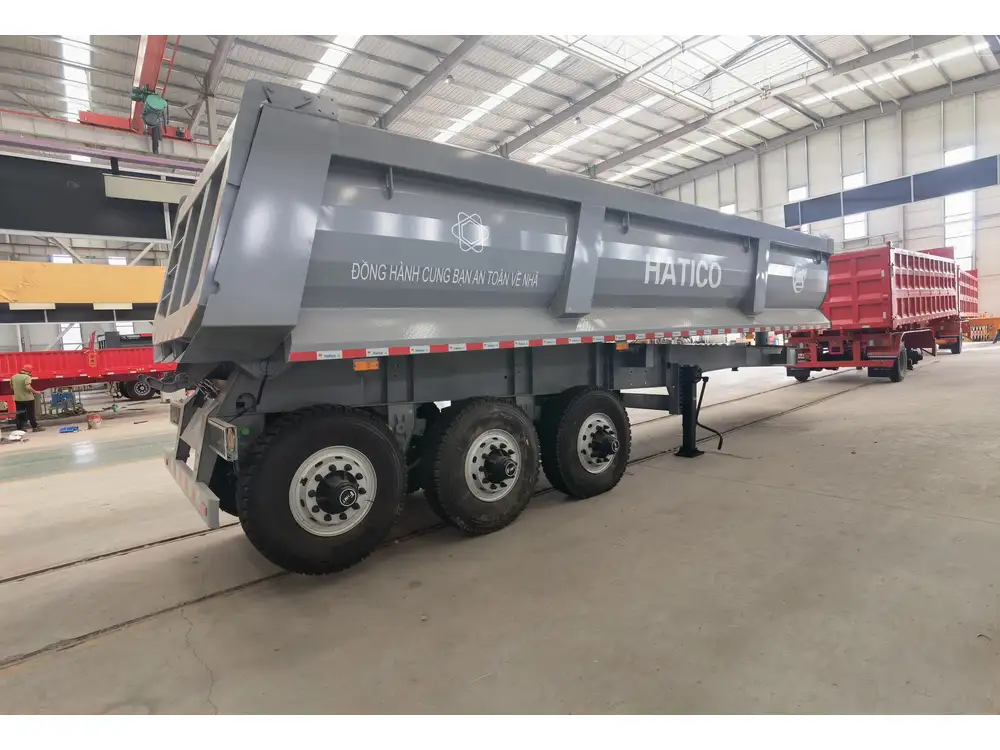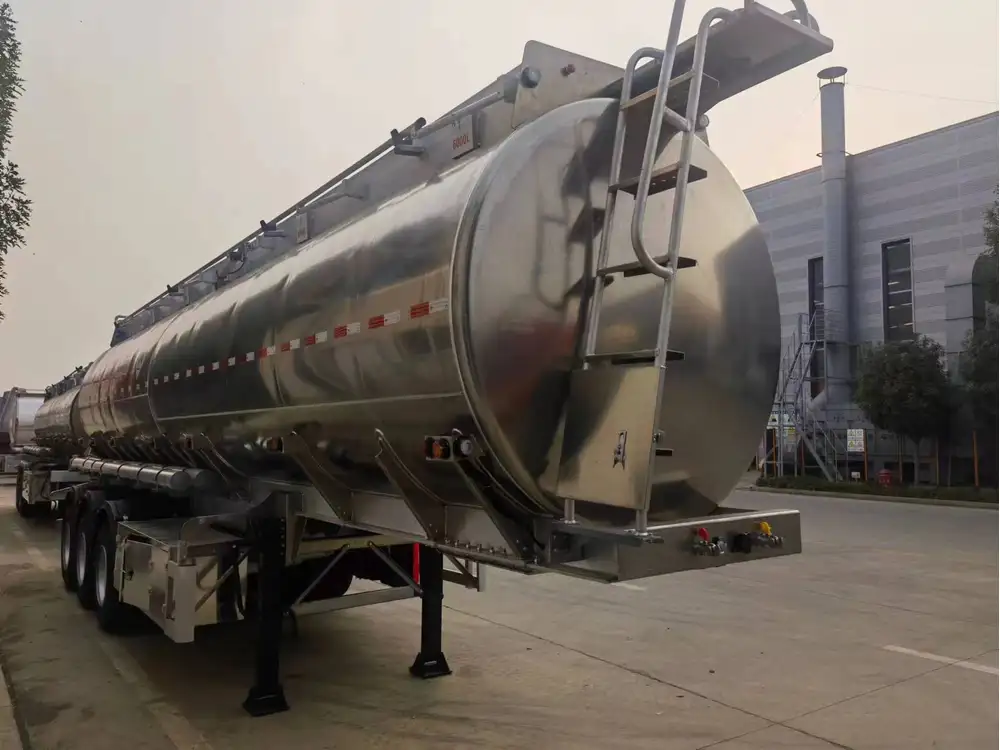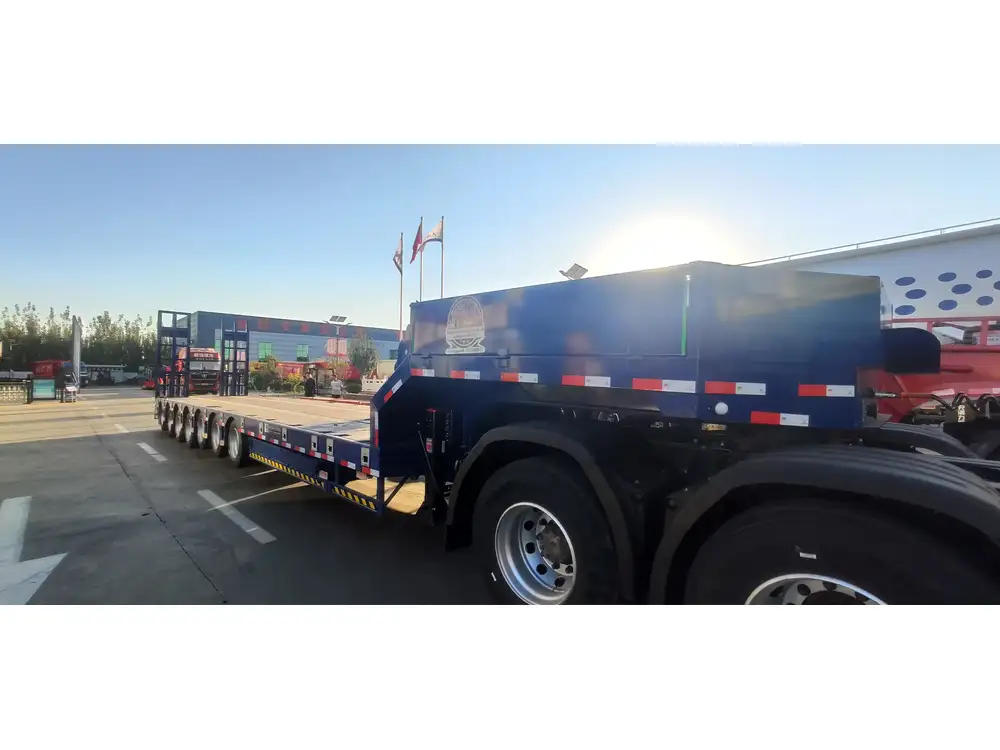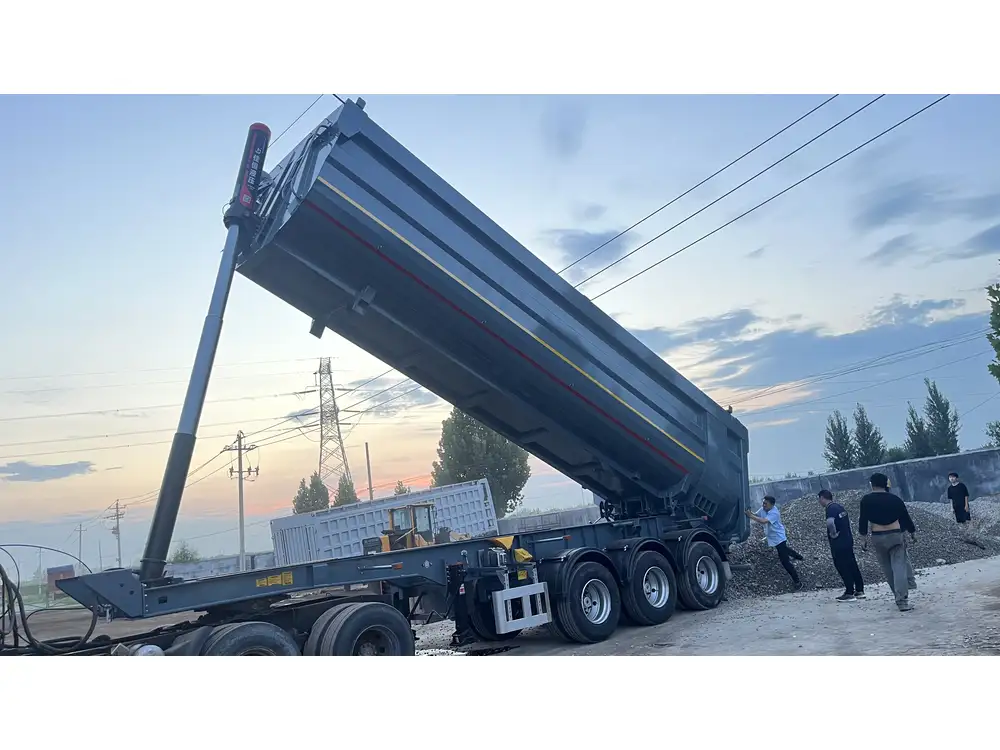Understanding the fuel capacity of trucks is essential for operators, logistics managers, and those in the transportation industry. Knowing how many gallons a truck can hold enables businesses to calculate fuel costs, assess range, and optimize routes effectively. In this detailed guide, we explore various truck types, their fuel capacities, and considerations that affect fuel efficiency and performance.
Types of Trucks and Their Fuel Capacities
Trucks come in various shapes and sizes, each designed for specific purposes and with distinctly different fuel capacities. Below, we categorize some common types of trucks and provide an average estimate of how many gallons they typically hold.
1. Pickup Trucks
Pickup trucks are versatile vehicles used for personal, commercial, and heavy-duty tasks. Their fuel capacities can vary significantly based on the size of the tank, engine type, and manufacturer specifications.
| Make/Model | Fuel Capacity (Gallons) |
|---|---|
| Ford F-150 | 23 – 36 |
| Chevrolet Silverado 1500 | 24 – 30 |
| RAM 1500 | 26 – 33 |
| Toyota Tundra | 26 |

2. Medium-Duty Trucks
Medium-duty trucks are typically utilized for delivery services, construction, and utility jobs. They generally have larger fuel tanks than pickup trucks.
| Make/Model | Fuel Capacity (Gallons) |
|---|---|
| Freightliner M2 | 40 – 100 |
| International MV Series | 50 – 100 |
| Hino 268 | 50 |
3. Heavy-Duty Trucks
Heavy-duty trucks are designed for long-haul transportation and can carry larger cargo loads. These trucks have significant fuel capacities to support their extended range.
| Make/Model | Fuel Capacity (Gallons) |
|---|---|
| Peterbilt 579 | 100 – 150 |
| Kenworth T680 | 100 – 150 |
| Volvo VNL | 120 – 150 |
4. Tank Trucks
Tank trucks, used specifically for transporting liquids, have specialized fuel capacities based on the type of fluids they carry, including fuel, chemicals, and food products.
| Type of Tank Truck | Fuel Capacity (Gallons) |
|---|---|
| Fuel Transport Truck | 3,000 – 11,600 |
| Chemical Tank Truck | 1,200 – 5,000 |
| Food Grade Tank Truck | 1,200 – 7,000 |

Factors Affecting Fuel Capacity
While we’ve provided standard fuel capacity ranges for various truck types, several factors influence these figures. Understanding these nuances can help operators make informed decisions.
1. Engine Size and Type
The engine’s size significantly impacts the fuel tank’s design. Heavy-duty trucks are often equipped with larger engines, necessitating larger tanks to ensure optimal range.
2. Truck Configuration
Custom configurations, such as additional equipment or modifications, can alter the standard fuel tank size. For example, a truck with additional toolboxes might have a reduced tank capacity.

3. Manufacturer Specifications
Different manufacturers might offer varying options for fuel tanks. Some models may come standard with a basic tank, while others can be equipped with larger tanks for longer trips.
4. Intended Use
The primary use of a truck can determine its fuel capacity. A truck intended for city driving may have a smaller tank than one designed for long-distance hauling.
Calculating Fuel Efficiency: MPG and Range
Fuel capacity alone doesn’t provide a complete picture of a truck’s operational efficiency. Understanding miles per gallon (MPG) and calculating the range is crucial for typical users.

Example Calculation
To illustrate how to calculate the range based on fuel capacity and MPG, let’s assume a heavy-duty truck has a fuel capacity of 150 gallons and achieves 7 MPG.
Formula to Calculate Range:
[ \text{Range} = \text{Fuel Capacity} \times \text{MPG} ]Calculation:
[ \text{Range} = 150 \, \text{gallons} \times 7 \, \text{MPG} = 1050 \, \text{miles} ]Thus, this truck would be capable of traveling approximately 1050 miles before requiring a fuel refill.

Common Questions About Truck Fuel Capacity
As operators consider fuel strategies, several questions naturally arise. Below, we tackle these queries to clarify the complexities around truck fuel capacities and operational efficiency.
1. How Does Fuel Tank Size Affect Operational Costs?
The size of a truck’s fuel tank directly correlates with fuel costs. A larger tank allows for longer travel distances without refueling, which can reduce overall fuel stop frequency and associated downtime. However, larger tanks may lead to higher upfront costs and increase the vehicle’s weight, which in turn can affect fuel efficiency.
2. Is There an Optimal Fuel Tank Size for Long Hauls?
For long-haul trucking, a tank size that balances fuel capacity with vehicle weight is critical. Fleet operators often choose tanks between 100 to 150 gallons to ensure maximum range while maintaining manageable weight for efficiency.

3. What Maintenance Requirements Are Involved with Fuel Tanks?
Routine inspections should be performed on fuel tanks to avoid contamination and leaks. Cleaning, regular checks for corrosion, and monitoring for signs of wear are essential for maintaining fuel quality and tank integrity.
4. How Can Fuel Efficiency Be Improved?
There are several strategies to enhance fuel efficiency, such as maintaining optimal tire pressure, regular engine maintenance, and adhering to load limits. Some trucks can also benefit from aerodynamic modifications and advanced telematics systems.
Fuel Efficiency Tips for Truck Operators
Improving fuel efficiency is paramount for reducing costs and increasing profitability. Here are several proven strategies operators can implement to maximize their truck’s performance:
| Tip | Description |
|---|---|
| Optimize Route Planning | Use GPS routing tools to avoid congested areas and minimize idle time. |
| Reduce Cargo Weight | Remove unnecessary weight while ensuring compliance with load limits. |
| Regular Maintenance | Maintain engines and ensure that fuel systems are clean and functioning effectively. |
| Monitor Driving Habits | Encourage smooth acceleration and deceleration, limiting rapid stops and starts. |
| Utilize Fuel Management Systems | Implement tracking systems that allow for fuel consumption monitoring and reporting. |

Conclusion
The question of “how many gallons does a truck hold?” is multifaceted, depending largely on the type of truck, its intended use, and various operational factors. By understanding fuel capacity along with associated variables, truck operators can make more informed decisions that enhance efficiency, reduce costs, and ultimately improve the bottom line.
Leveraging insights gained from fuel capacities, MPG calculations, and maintenance practices can lead to better management of trucks within fleets. As the industry continues to evolve, focusing on sustainability and efficiency will remain crucial. The journey toward optimal fuel efficiency is ongoing, but with the right knowledge and strategies in place, operators can navigate fuel management with confidence.



